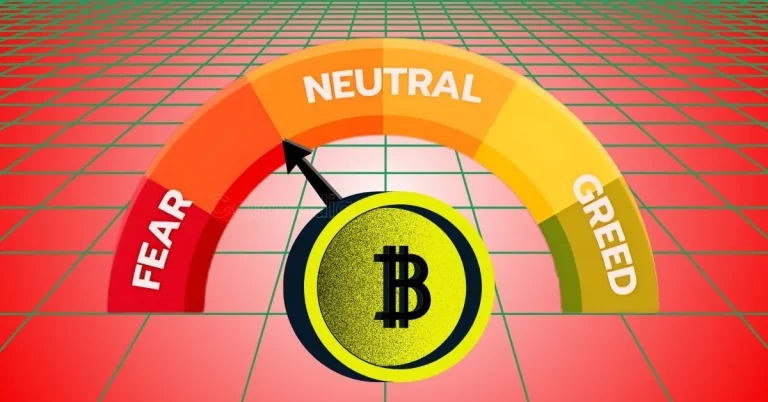
Saudi Arabia has made headlines with the sentencing of a former public security chief, who has been jailed for his involvement in bribery and forgery. This significant legal action underscores the kingdom’s ongoing efforts to combat corruption within its ranks.
Key Takeaways
- Former public security chief sentenced for bribery and forgery.
- The ruling reflects Saudi Arabia’s commitment to anti-corruption measures.
- The case is part of a broader crackdown on corruption in the country.
Background of the Case
The former public security chief, whose identity has not been disclosed, was found guilty of accepting bribes and engaging in forgery. This case is part of a larger initiative by the Saudi government to address corruption, which has been a persistent issue in various sectors.
The legal proceedings revealed that the accused had exploited his position to facilitate illegal transactions, thereby undermining public trust in law enforcement agencies. The court’s decision to impose a prison sentence serves as a warning to others in positions of power.
Implications for Saudi Arabia
This ruling is significant for several reasons:
- Strengthening Rule of Law: The conviction of a high-ranking official demonstrates the government’s commitment to upholding the rule of law and ensuring accountability.
- Public Trust: By taking decisive action against corruption, the Saudi government aims to restore public confidence in its institutions.
- International Perception: The case may improve Saudi Arabia’s image on the global stage, showcasing its dedication to reform and transparency.
Broader Anti-Corruption Efforts
The sentencing of the former public security chief is part of a broader anti-corruption campaign initiated by Crown Prince Mohammed bin Salman. This campaign has led to numerous arrests and investigations into various sectors, including finance, real estate, and public service.
- Key Initiatives:
- Establishment of anti-corruption bodies.
- Increased transparency in government dealings.
- Public awareness campaigns to educate citizens about corruption.
Conclusion
The jailing of the former public security chief marks a pivotal moment in Saudi Arabia’s fight against corruption. As the government continues to implement reforms and hold officials accountable, the hope is to foster a more transparent and trustworthy environment for its citizens. This case serves as a reminder that corruption will not be tolerated, regardless of one’s position in society.






